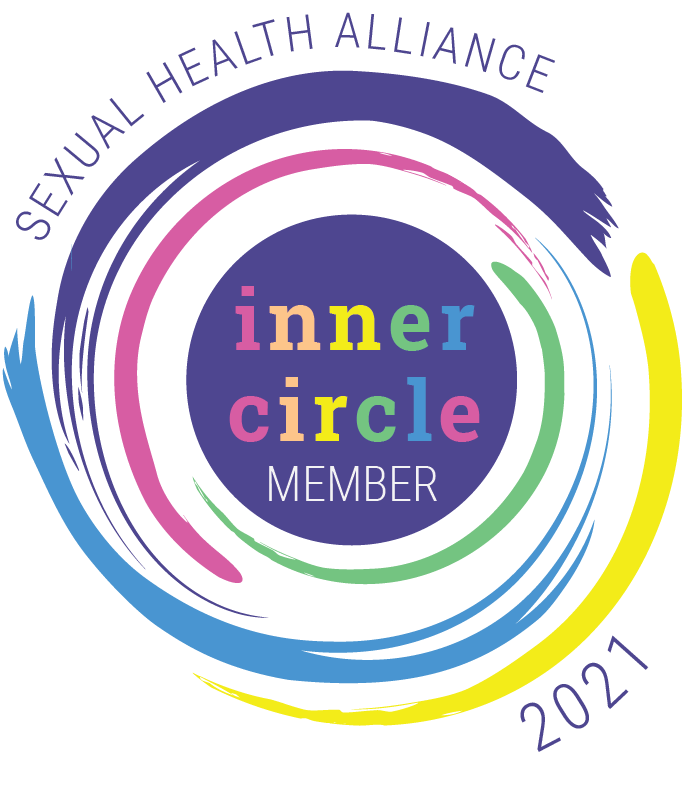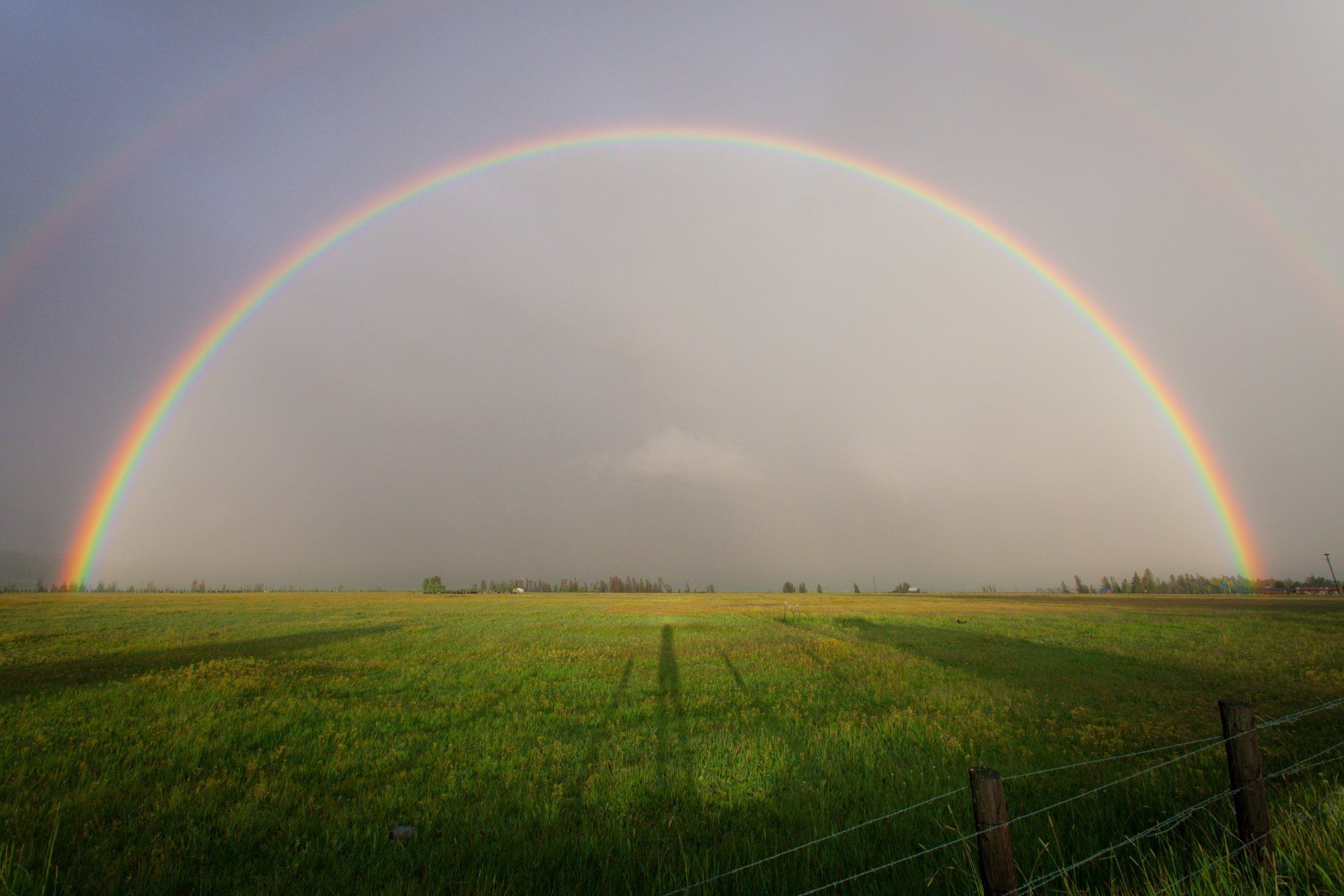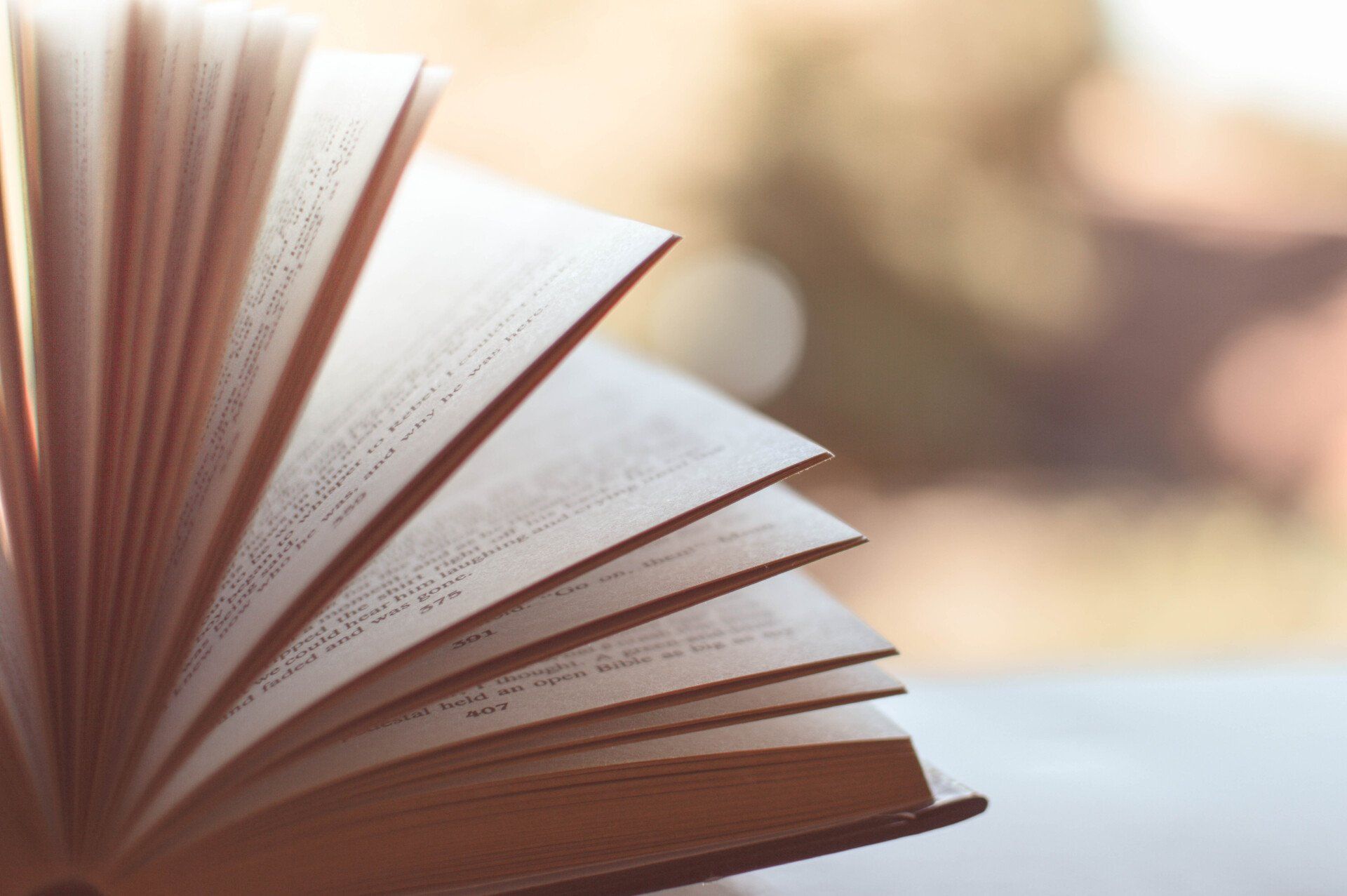10 Books for Guys and the People Who Love Them
A reading list for introspection, insight, and relational action in 2025
This entry goes out mostly to the cishet guys, if for no other reason than the overwhelming book options in the current day and age still lean very cisheteronormative. With that said, I’m going to get a little more expansive: This entry is for anyone who has ever had a penis or loved someone with one; take what resonates, apply it to your life, and leave the rest. If you're interested in the books that didn't make the cut for this blog, feel free to check out this list where I've logged every book that I've read or listened to since 2023 that is applicable to my job as a therapist in any way.
*These books can be found through probably any retailer, but each hyperlink is to Black Pearl Books. While Garden Space Counseling is not affiliated with this bookstore, I appreciate and want to support their existence. "Black Pearl Books is a black-woman-owned independent bookstore in Austin, TX. We are a family-run business whose mission is to promote - diversity, inclusion, and representation - through literature."
1. I Don't Want to Talk About It: Overcoming the Secret Legacy of Male Depression by Terrence Real
I read the hard copy of this one years ago, and thought it was good… but it landed as a little woo-woo for me at the time; I wasn’t confident that it would resonate with men, but bear with me. I’ve come to realize a couple of things. One is that I also had my own unfair and limiting beliefs about men to unpack. Another is an understanding of the actual neuroscience underlying the way Real works. Re-reading it at this point in my career, with my growing understanding of neuroscience and my life in community with, as well as observation of, our cultural dynamics around masculinity, I find it resonates deeply. Real writes from a lens of candor and compassion (arguably my favorite combination from which to address the human condition), describing the ancestral legacy of male depression, common variations in how it may manifest both psychologically and behaviorally, and strategies to approach it.
2. The Will to Change: Men, Masculinity, and Love by Bell Hooks
At the intersection of sex, gender, race, and class, Hooks outlines the impact of patriarchy on men. She underscores feminism as not a blunt force with which to bludgeon men and glorify women, but an ideological tool to free everyone from the constraints placed on them. Our collective socialization as men/women limits our ability to connect, at best, and pits us against each other, at worst. Let’s release the pressure valve on that conditioning and cultivate a masculinity that embodies reflection, flexibility, genuine confidence, and strength.
3.
The Penis Book:A Doctor's Complete Guide to the Penis--From Size to Function and Everything in Between
by Aaron Spitz MD
This book is as fun to listen to as it is informative (I'm sure it would be the same as a hard copy or Kindle copy too). Know your body! It has plenty of puns and euphemisms, addresses sexual and non-sexual mechanics, dispels myths, talks about how to keep your member happy and healthy, and how to address concerns when
Mr. Johnson is not so happy and healthy. However, I do have a couple of gripes. 1. While there is certainly something to be said for taking holistic care of our body, and his recommendations to pack your diet with produce is valid, Spitz seems to lean fat-shaming with dismissive comments like "put down the fork." 2. While Dr. Spitz gives a token nod to the controversy in the sex therapy community about whether or not pornography use is all bad and can be labeled an addiction, to me it's pretty clear he lands on the side of All-Bad. There are other experts in the field who take issue with the demonization of pornography. They believe studies about the neurological and physiological impacts are overblown and biased, and they take a more nuanced approach to addressing people's concerns around using it. Maybe one of these days I'll get around to doing a more thorough literature review (I have a bunch of scholarly articles pulled up right now that I've skimmed to write this little piece), but for now, I simply invite you to take that part with a grain of salt and consider your individual relationship with porn. In fact, here's another book on this year's list! Ethical Porn for Dicks by Dr. David Ley, PhD.
4.
Ethical Porn for Dicks: A Man's Guide to Responsible Viewing Pleasure
by David Ley, PhD
Whether you’re anti-pornography or pro-porn, it is highly unlikely that it’s going anywhere anytime soon. Can it be used problematically? Yup. Is all porn use problematic? According to Ley and other experts, nope. So, he staunchly advocates for porn literacy, taking the topic out of the dark, and inviting people to think critically about both its production and use.
5.
DIY: The Wonderfully Weird History and Science of Masturbation
by Dr. Eric Sprankle
Piggy backing off of Ethical Porn for Dicks seems like an appropriate placement for a book about masturbation. Informative, well-researched, and with plenty of snarky humor (arguably offensive in some domains; I would not recommend this book to my mother), this was an incredibly fun read!
6.
She Comes First: The Thinking Man's Guide to Pleasuring a Woman
by Ian Kerner
Like perhaps all the books on this list, while She Comes First is overtly written for cis het guys, it's filled with gems for anyone navigating the wonders and joys of pleasuring a person with a vulva. Let's close that orgasm gap! Reported differences in orgasms between men and women range from 25%- 52% according to National Institutes of Health, but, here's a fun fact: People with vulvas in long term relationships are more likely to experience orgasm, and vulva-owners in relationships with other vulva-owners are also far more likely to experience consistent orgasms. Women’s pleasure isn't as elusive as we've been largely led to believe. Of course, I have a separate soapbox that making the O the entire goal of a sexual encounter (instead of pleasure) is tragically limited and sets people up for disappointment, but I'll save that for another day.
Anyhoo, closing the O gap: Giving partners, it's not your job to mind-read or know exactly what to do without instruction; every human is different. It is your job to be generally informed (this book is a great start!) and enthusiastically receptive to guidance. Receiving partners, it is your job to also be informed about your own body and what makes you feel good; communicate, don't fake! All partners, it's your shared task to explore and play collaboratively. You are responsible for your own orgasm and pleasure, and your partner gets to be a part of it according to your communication and consent. Think of it like the old Home Depot slogan (2003-2009, if you’re wondering): You can do it. We (your partner) can help.
7. Setting Boundaries That Stick: How Neurobiology Can Help You Rewire Your Brain to Feel Safe, Connected, and Empowered
by Juliane Taylor Shore
In case you hadn’t noticed, the first half of this list was more about your relationship with yourself, as an individual. "To know thyself is the beginning of wisdom." Some old Greek dude named Socrates is credited with having said that a zillion years ago. The second half leans into relationship dynamics with others in general, partners in particular, with self-awareness as a foundation. Whether you claim to like and enjoy people or not, we, as humans, are designed for connection and community. How to effectively navigate relational living, however, can be really f*cking hard.
Last year’s inaugural book list included
The Art of Receiving and Giving: The Wheel of Consent by Betty Martin and Robyn Dalzen, and I’m putting this link here because I almost included it again. Instead, this year’s book recommendation with the same intention around trust and confidence gets explored in a different but related way, through a boundaries lens.
Not to name-drop (ok, I’m totally name-dropping), but Juliane Taylor Shore used to be my neighbor. I met her at the neighborhood park where we were both supervising our toddlers, and we shared that we were not only both mothers of toddlers, but therapists. While we never became more than friendly acquaintances, little did I realize that I would be fangirling over the way her mind works in the years to come when I shifted from over a decade of diagnostic and resource-oriented agency work into the process and insight-heavy world of private practice. She has a uniquely thorough understanding of the way our brains work that is rare in the therapeutic world, and a relatable way of sharing her knowledge and experience that allows a reader to feel confident in applying both her insights and the steps she outlines. Oh, and you can also listen to her podcast, "Why Does My Partner?” for smaller doses of relational insights discussed with two other therapists, Rebecca Wong and Vickey Easa.
8.
Us: Getting Past You & Me to Build a More Loving Relationship
by Terrence Real
I think this is my new favorite couples book, with Real’s signature balance of candor and compassion. He says it himself, he’s not one to bullshit, with his frank style of communication allowing the clients he describes as well as the reader a kind and clear opportunity for reflection and change. When couples get stuck in cycles, whether resentful avoidance, angry pursuit, ashamed withdrawal, or any other form disconnected dynamics can take, Real guides people back to their hearts. He helps people identify the origins of their “losing strategies” in relationships and offers new ways to engage relationally, with accountability, compassion, and support toward yourself and your partner.
9. Come Together: The Science (and Art!) of Creating Lasting Sexual Connections
by Emily Nagoski
Last year’s list included Come As You Are, written with women as readers in mind, and Come Together is a natural progression from that book, now focusing on orienting to intimacy and sexual dynamics in long term relationships, with an emphasis on the limiting patriarchal ideology we tend to be steeped in. Limerence, commonly known as New Relationship Energy (NRE) is that high period in the beginning of most relationships, when everything feels so “right” with all the butterflies and excitement and sexual chemistry and emotional intensity that we’re taught to associate with falling in love. Duration of this period varies greatly, but it can last up to four years according to some studies. This book explores what to do when the NRE ends and the coals of your shared eroticism have been buried under routine, piles of laundry, assumptions, and even resentments. I appreciate her approachable style as she offers an abundance of helpful insights and strategies to center pleasure in a way that is meaningful for your relationship(s).
10.
Conscious Uncoupling: 5 Steps to Living Happily Even After
by Katherine Woodward Thomas
When I jotted my notes about this book, I promised myself that if I made a list of 10 top books to recommend again this year, this one would "definitely be on it." So here we are, the last of your 10 books to read in 2025. To state the obvious, relationships don't always work out. To state the perhaps not-so-obvious, there's no shame in that; a lot of pain, sure, but not shame. There is as much wisdom in doing the hard work to let go of a relationship that doesn't work as there is in doing the hard work to hold onto a relationship that does; knowing the difference can be ridiculously difficult. Whether you're navigating a separation, divorce, or breakup... or you've been through one in the past... or you're dating... or you're in the process of making a long term relationship work... or you're just curious and proactive this book has a lot for you. I'm actually reminded of another book,
Tuesdays with Morrie, that can be summed up with a quote from it, "You don't know how to live until you learn how to die." If we can stay connected to our values, compassion, and accountability through a breakup, we set ourselves up to enter into relationships far more mindfully, confident, and empowered. Maybe, we don't know how to nurture a relationship until we know how to let one go.





